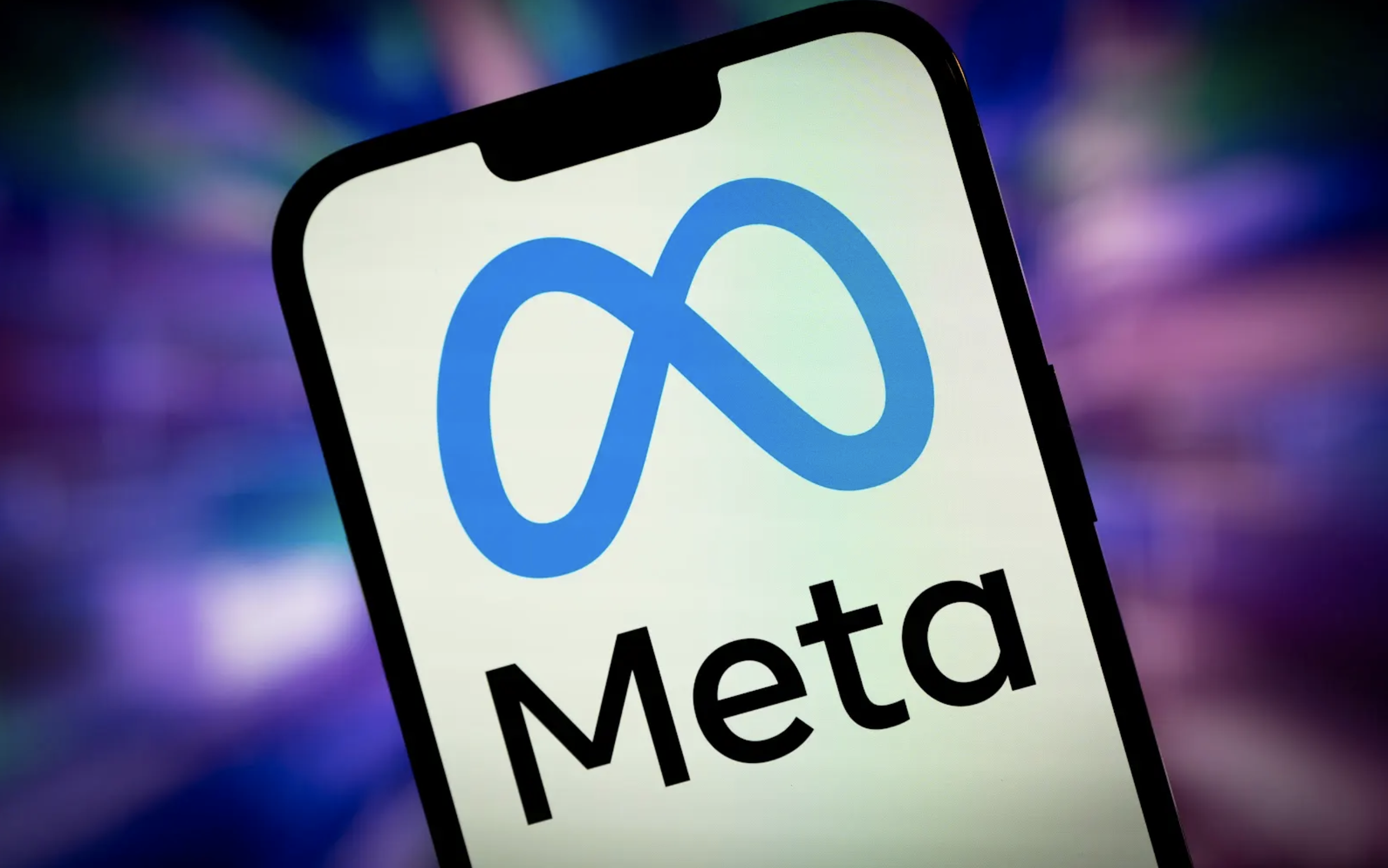Facebook (FB 2.95%) has produced its second-quarter earnings report, and the headline results were just what Wall Street likes to see, with beats on both profits and revenue. And with daily active users approaching 1.6 billion, and 2.7 billion monthly users across its universe of apps, the company remains in position to deliver for advertisers.
But in this segment of the MarketFoolery podcast, host Chris Hill and senior analyst Jim Mueller try to take a wider view at Facebook's situation, considering its recent settlement with the FTC, its other legal and trust issues, the monetizing of its wider universe of products, and more.
To catch full episodes of all The Motley Fool's free podcasts, check out our podcast center. A full transcript follows the video.
This video was recorded on July 25, 2019.
Chris Hill: Facebook's second-quarter profits came in higher than expected. Daily active users are closing in on 1.6 billion. There are always so many numbers with Facebook. What stood out to you in this quarter?
Jim Mueller: What stood out to me was the announced settlement with the FCC, actually --
Hill: FCC or FTC?
Mueller: FTC. Always get those U.S. department --
Hill: It's understandable. There are a few regulatory bodies that are sniffing around Facebook.
Mueller: Yeah. So, expectations for revenue about $16.5 billion, Facebook reported $16.9. Up about 28% year over year. They beat adjusted earnings guidance estimates by $0.12, reporting $1.99. 2.7 billion monthly users across its suite of apps. U.S. and Canada daily users up slightly. Europe was flat, about 290 million. But what surprised me was the revenue per user. The average revenue per user was up 18% to over $7 per user. There's a lot of incentive to get a lot of users on Facebook's platform, and that's part of the issue.
Hill: As we've talked about before, all you have to do is go to any advertising trade publication, do a Google search, a news search for chief marketing officers of major brands, major corporations. Facebook is delivering for advertisers. When that changes -- I don't want to discount across the river, where there's a number of regulatory bodies that are looking into Facebook. That is something that is going to have a real cost, not in terms of fines, but in terms of lawyers and staff hours and all of that. I don't want to discount that. But I think that as long as the advertisers are happy with the way Facebook is delivering for them, then this is not a business in trouble.
Mueller: No, not really. A lot of this is Facebook's own fault. The $5 billion settlement, which sounds like a lot of money, and it is, but Facebook brought in $16 billion in revenue in just three months, $5 billion payout, they've already set aside $3 billion and have almost $50 billion on the books. It's not going to hurt them. It's 3.3 months of free cash flow, for goodness sake. But the whole thing was over Facebook breaking previous promises about not doing bad things. They've long been turning users into product. They had promised to stop sharing user data, but they didn't. They had promised to stop using phone numbers for advertising purposes. They didn't. And all this other stuff. They're shooting themselves in the foot.
But as that $7 per user number points out, there's a lot of money driving that kind of behavior. Whether Facebook can pivot to where they can satisfy regulators, satisfy their users about privacy concerns, and still make an equally large amount of money, is a big issue for the company. We're going to have to see how that plays out.
Hill: Over the last two years, they've done a better job of monetizing Instagram.
Mueller: Right. Instagram and WhatsApp. I don't know what all they have, Messenger, is that the name of it? The messaging app?
Hill: Yeah.
Mueller: They're gung ho on stories. There's more people turning to stories, and they'll figure out how to monetize that.
I don't have a Facebook account, partly because I don't trust the company. I think that is a potential issue for the company, if they continue to say one thing and do another. I don't think that'll destroy the company, but it might make advertisers start looking elsewhere if the company's reputation gets damaged badly enough.






